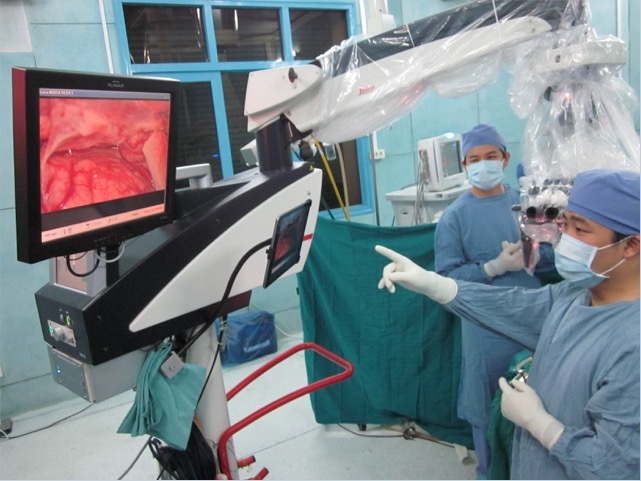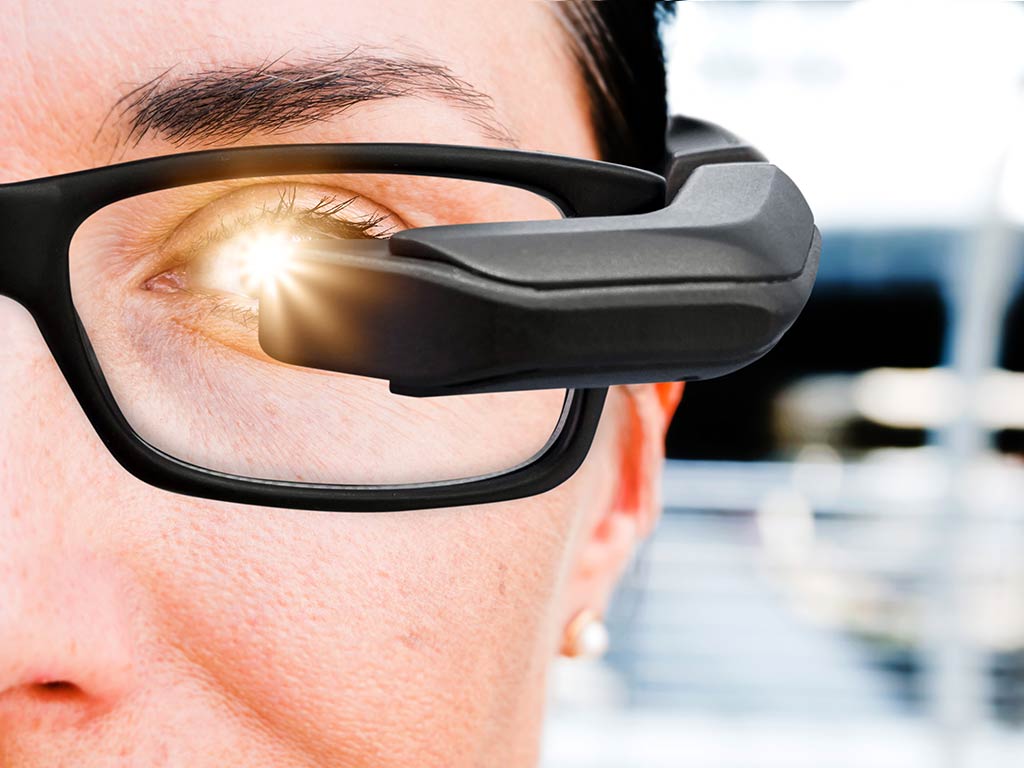Location information
Hospital address
Weill Cornell 525 East 68th Street, Box 99 New York New York 10065 United States of America
Hospital type
Private
Hospital description
Academic (Residency Program)
Description
The Weill Cornell Neurosurgery Program in Tanzania was started by Dr. Härtl in 2008. The program focuses on Bugando Hospital in northern Tanzania, a regional center that serves a population of 14 million people, and on the Muhimbili Orthopedic and Neurosurgery Institute in Dar es Salaam. The program consists of several components:
- Dr. Härtl and his team train local surgeons to perform basic neurosurgical procedures using locally available equipment and
resources. His team conducts “hands-on” training of doctors in Tanzania, empowering them with a high level of expertise in the management of neurosurgical disorders and neurosurgical procedures (Wait and Härtl 2010). Providing the highest level of surgical training to these eager, talented surgeons impacts every other level of care—nursing, anesthesia, intensive care
treatment, general ward care. Setting the bar high encourages a positive response and team effort involving all areas (Härtl).
- Promising surgeons are selected for a short-term observational fellowship at Weill Cornell Medical College in New York. The purpose of this fellowship is to provide motivated surgeons the opportunity to experience high-level neurosurgical care firsthand. This also greatly facilitates the communication between the Weill Cornell team and the Tanzania surgeons once the surgeon has returned home.
-Every year a neurosurgery meeting is organized with international faculty in East Africa that combines lectures, practical workshops, and even live surgeries. Surgeons and nurses from many African countries participate.
- Regular conference calls and Skype conferences are held between the Weill Cornell team and their colleagues in Tanzania to discuss challenging cases and patient management.
- A database and patient registry has been implemented that monitors surgical patient care and ensures quality (Winkler et
al., 2010). The goal is to monitor outcomes of neurosurgical procedures in order to make decisions about the allocation of resources and the success of the current program.
Dr. Härtl is already planning his next mission trip for 2019.
Member information
Name
Roger Härtl
Member type
Individual independent practitioner
Specialty
Neurosurgeon
Subspecialties
- Adult neurosurgeon
Languages spoken
- German
- English
- Italian
Professional affiliations / memberships
- WFNS
Social profiles
Current and past partnerships
Has current partners or past partnership experience in these countries
- United Republic of Tanzania
ABOUT THE WEILL CORNELL NEUROSURGERY PROGRAM IN TANZANIA
The Neurosurgical Mission in Tanzania, now in its tenth year, is conducted in collaboration with the Foundation for International Education in Neurological Surgery (FIENS) and consists of several components:
- Our multidisciplinary teams of surgeons, anesthesiologists, nurses, and biomedical engineers train local health care providers to deliver basic neurosurgical care using locally available equipment and resources. We are doing “hands-on” course of doctors and nurses in Tanzania, empowering them with a high level of expertise in the management of neurosurgical disorders and neurosurgical procedures. Providing the highest level of surgical training to these eager, talented surgeons impacts every other level of care—nursing, anesthesia, intensive care treatment, and general ward care. Setting the bar high encourages a positive response and team e ort involving all areas.
- After the course our faculty members stay in Tanzania and operating together with our local colleagues. Together we are operating on children and adults in the region, with very good surgical outcomes.
- Promising African surgeons are selected for short-term observational fellowships at Weill Cornell Medical College in New York. The purpose of this fellowship is to provide motivated surgeons firsthand experience with high-level surgical care. The close working relationship also greatly facilitates the communication between the Weill Cornell Medicine team in New York and the MOI surgeons once the surgeon has returned to Tanzania.
- Every year a neurosurgery meeting is organized with international faculty in East Africa that combines lectures, practical workshops, and even live surgeries. Surgeons and nurses from many African countries participate.
- Weekly conference calls and Skype conferences are held between the Weill Cornell team and their colleagues at MOI to discuss challenging cases, patient management, and ongoing research.
- An IRB-approved database for traumatic brain and spinal injury has been implemented at MOI to monitor patient care and ensure quality. This and previous projects have led to several publications in peer-reviewed journals.
- Each year we fund one European or North American neurosurgeon to live and work in Tanzania for 12 months.




